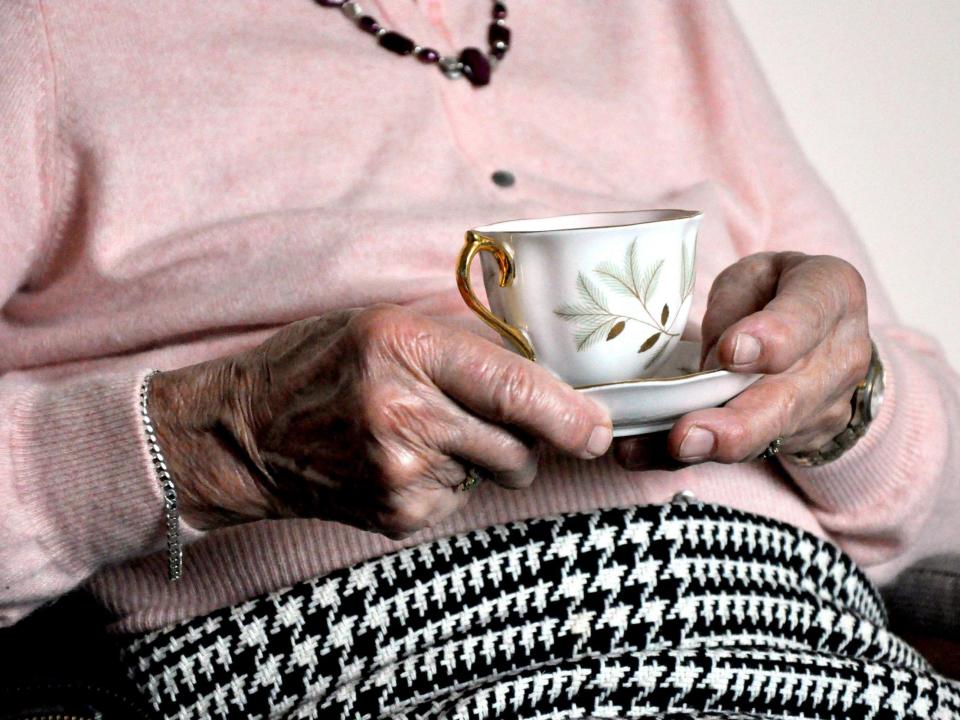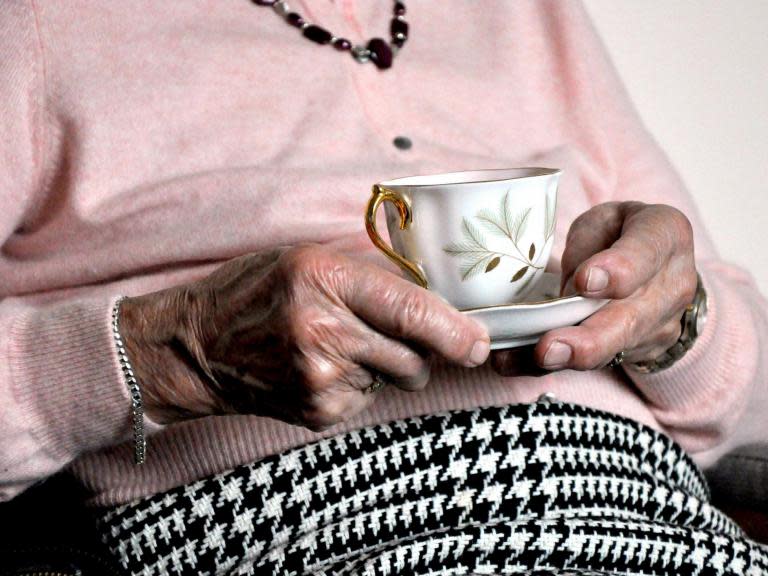Millions of unpaid carers putting own health at risk to look after loved ones, councils warn
Millions of unpaid carers are putting their own health at risk in order to look after loved ones as the adult social care system edges closer to “collapse”, local councils have warned.
Rising demand for care and the increasing cost of providing it is putting more pressure on families to look after loved ones, with many of the 5.7 million unpaid carers in England unable to take a break from their caring roles, according to the Local Government Association (LGA).
Recent research shows that nearly three-quarters (72 per cent) of carers in England have suffered mental ill-health, such as stress and depression, while 61 per cent have experienced physical ill health due to caring.
But despite the demands of their role, a fifth (20 per cent) of those in England, the majority of whom care for well over 50 hours a week, have not received a carer’s assessment in the past year.
They were responding to Carers UK’s State of Caring Survey.
The LGA warned that this meant they were at increasing risk of needing care and support themselves.
The number of carers in England aged 85 and over having increased by 128 per cent in the last decade.
The LGA also warned that the loved ones they are caring could require more costly social care or being admitted to hospital, creating a surge in demand on the NHS.
Councils in England receive 1.8 million new requests for adult social care a year – the equivalent of nearly 5,000 a day – and there is a £3.5bn funding gap facing adult social care by 2025, the LGA said.
It estimates it would cost £150m to provide the carer’s assessments, which it said would be a more cost-effective than having to pay long-term costs for social care and emergency hospital care.
The organisation is calling for the cost of these assessments to be included in the long-term solution to paying for adult social care and for the government’s delayed green paper on adult social care to support unpaid carers.
It is also calling for more support to be made available to unpaid carers, describing them as the “most vital but often overlooked backbone of the adult social care system”, and that sufficient funding to ensure services, such as carers’ breaks, are available to all carers who need them.
Councillor Ian Hudspeth, chairman of the LGA’s community wellbeing board, said: “Unpaid carers are the backbone of the care system, many of whom are unable to take a break, putting their own health on the line. Without these unsung heroes the system would collapse.
“But this vital network of family carers is at an increasing risk of breaking down due to the nature of the job, rising costs and demands for care, and the crisis in adult social care funding. Carers need breaks. Devoting significant time to unpaid care can not only lead to a downturn in carers’ health, it can also make it hard for them to maintain social relationships, keep working or learning, which could affect their financial security.”
Mr Hudspeth added: “We cannot duck this issue as a society any longer. Our green paper is the start of a nationwide public debate about the future of care for all adults, including unpaid carers, and how best to support their wellbeing and rescue the services caring for older and disabled people from collapse.”
Emily Holzhausen OBE, director of Policy at Carers UK, said: “We cannot emphasise enough how important breaks are for carers, many of whom have very substantial caring responsibilities and provide round the clock care. Carers telling their stories are exhausted, demoralised and have lost vital community connections because there is not enough good quality care for a break.
“We urgently need clarification of short term funding for social care and to provide breaks for carers before the situation worsens. And we need a long term funding settlement to secure the future of breaks for carers.”
A department of health and social care spokesperson said: “Carers make an invaluable contribution to society by selflessly caring for their loved ones, but this must not be at the expense of their own health and happiness. We are already looking at how to improve carers’ access to breaks and respite care and our forthcoming green paper will look at long-term sustainable solutions for the social care system.”

 Yahoo News
Yahoo News 

